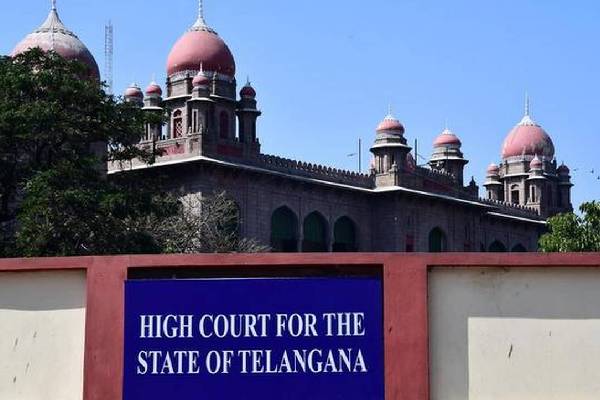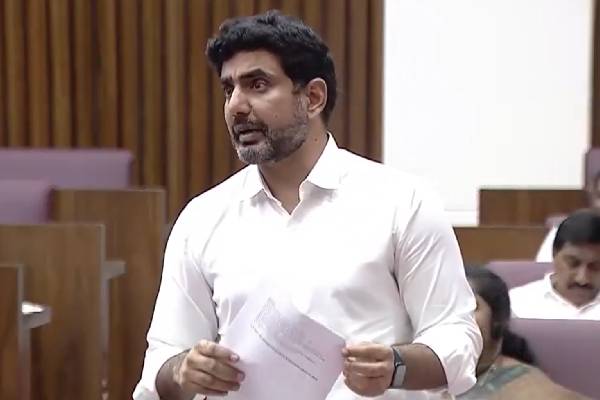The Telangana government’s ambitious ‘Dharani’ portal project has hit a legal roadblock.
The Andhra Pradesh High Court directed the government not to pressurize or force the non-agricultural property to part with their personal information for uploading in the Dharani portal.
The High Court, in an interim order, asked the government to exercise restrain with the ongoing State-wide survey to gather information on the non-agricultural properties and various personal details of property owners.
Further, the court directed the government to protect and safeguard the personal information of the property owners it had so far gathered through its survey. The court also asked the government there will no security to the information being collected from the citizens and uploaded on the Dharani portal.
A petition was filed in the High Court challenging the Telangana government’s decision for entry of non-agricultural properties and personal information such as Aaadhar, caste, and other details of the property owners on the Dharani platform.
The petitioners G R Karunakar of Rangareddy district and CV Narayana Rao contended that the government was gathering personal details of the property owners like Aadhaar card, caste, and non-agricultural properties which will be kept in the public domain and can be accessed by anyone. In fact, the government’s decision is not backed either by an executive instruction signed by the State Governor or by a statute.
The Telangana government has already launched a survey/enrolment of non-agricultural properties in gram panchayats, municipalities, and municipal corporations, including the GHMC limits, to update details on the Dharani portal for the issue of non-agricultural passbooks.
The government has been collecting details such as the Aadhaar card, property tax receipt, water connection number, electricity bill, plot area, undivided share in case of a residential flat, and other details to be uploaded onto the portal. Several property owners in Hyderabad opposed the government’s move to gather personal details on the ground that it is an infringement on their privacy.



































